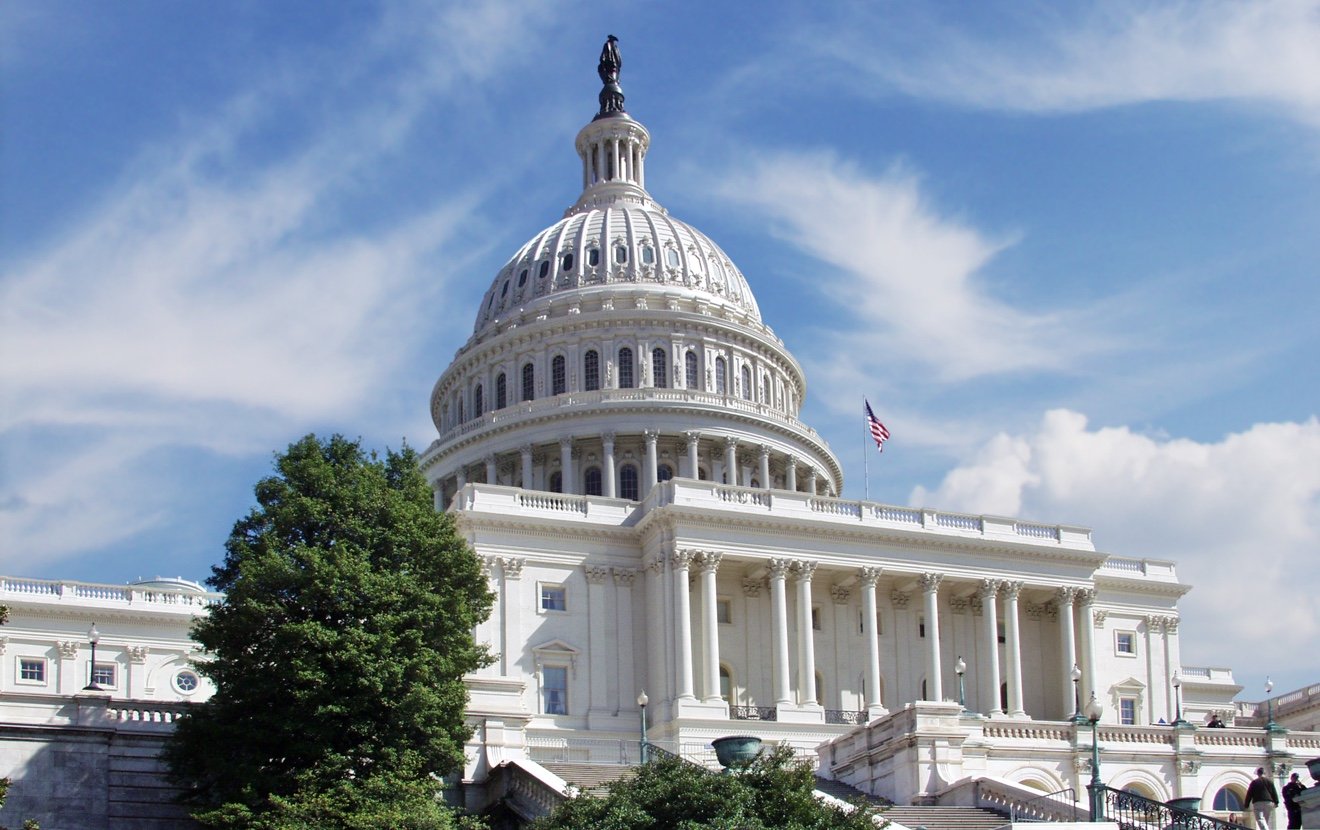This famous quote by Dr. Martin Luther King Jr. continues to resonate and echo across generations because they speak to a universal truth: when the principles of fairness, law, and justice are disregarded in one place, the damage spreads far beyond that moment and space. Today, this notion is at the heart of a troubling recent event in the world of credit union governance: the removal of two National Credit Union Administration (NCUA) Board members without cause and without a hearing.
In April 2025, two NCUA Board members—Chairman Todd Harper and newly appointed Board Member Tanya Otsuka were fired from their positions by the President of the United States. Undoubtedly, this was a significant and unprecedented move because the NCUA is an independent federal agency that was established to regulate and insure federal credit unions. With a three-member board that replaced a one-person Administrator serving at the pleasure of the President, this tripartite structure was specifically designed to shield the agency’s leadership from partisan politics and provide continuity in financial regulation.
Reportedly, the terminations of Harper and Otsuka were done without cause, raising serious constitutional questions. Unlike Cabinet-level officials who serve at the pleasure of the President, members of independent regulatory boards like the NCUA are traditionally protected from arbitrary removal. Legal scholars point to the landmark Supreme Court case Humphrey’s Executor v. United States (1935), which upheld the right of Congress to limit the President’s removal power for certain independent agency officials, allowing removal only “for cause,” such as misconduct or incapacity typically determined by a hearing.
Although the Federal Credit Union Act is silent on specific removal procedures, the spirit of the law and precedent from other financial oversight bodies like the FDIC and the Federal Reserve, strongly support the idea that NCUA board members should not be subject to arbitrary dismissal. The removal of Harper and Otsuka, without evidence of wrongdoing, gross negligence or incompetence, disregards both the independence of the agency and the rule of law. It sets a dangerous precedent where regulatory oversight could be shaped not by expertise or ethics, but by political loyalty.
Unfortunately, this theme of injustice is not limited to Washington, D.C. Some years earlier, a similar incident unfolded at the state level involving one of the largest credit unions in New York. Following a financial scandal concerning a former CEO and accomplices, the New York State Department of Financial Services (DFS) took control of the credit union’s operations and summarily removed its volunteer board of directors.
While regulatory intervention was arguably necessary to stabilize the institution, the manner in which the board was removed raised red flags. Despite statutory law regarding removal of directors, the board members were dismissed without a hearing, without an opportunity to respond to allegations, and without due process. These board members, who had no role in the misconduct that prompted the investigation, were stripped of their positions and reputations without the fundamental legal protections that are supposed to apply to all citizens, even in administrative actions.
The DFS, like all regulatory bodies, has the power to act in emergencies, but that power must still be exercised in accordance with the principles of fairness and accountability. Administrative convenience should never override the constitutional guarantees of due process and the presumption of innocence.
These two events, federal and state, executive and regulatory share a disturbing similarity: the disregard of due process. Whether it’s firing federally appointed board members or removing state-chartered directors without a hearing, the absence of fair procedures undermines the legitimacy of the institutions involved.
Due process is not just a legal technicality. It is a cornerstone of American democracy, enshrined in the Fifth and Fourteenth Amendments to the Constitution. It means that no person should lose their rights, their reputation, or their position without a fair and impartial process. This principle applies as much to those who govern as to those who are governed.
When government actions appear arbitrary, it not only harms the individuals directly affected, but it also erodes public trust in the entire system. Financial institutions, especially credit unions, operate on trust. Members deposit their money believing their leadership is accountable and that oversight is fair. When regulators or presidents can remove board members at will, that trust begins to collapse.
Dr. King warned us that injustice is never isolated. If NCUA board members can be removed without cause, what stops it from happening at the SEC, the FDIC, or even the Supreme Court? If local credit union directors can be removed without hearings, what protects church leaders, nonprofit boards, or small-town school officials from the same fate?
True justice requires consistency. If we accept unfairness in one case because it doesn’t affect us, we may find ourselves without protection when our time comes. Injustice anywhere really is injustice everywhere. It is our responsibility as leaders, citizens, and believers in democracy to stand up when due process is denied and demand that the rule of law be respected, not only when it is convenient, but especially when it is difficult.







